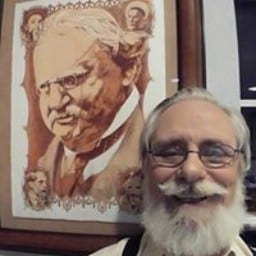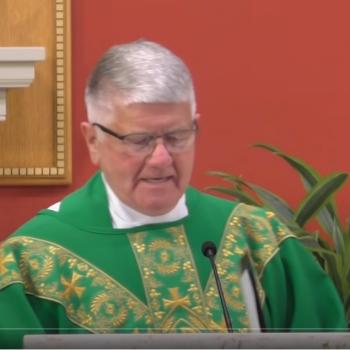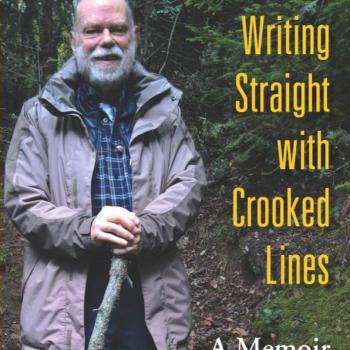It’s the Catholic vision of the Shire: many small landholder families, owning the tools of their various trades, perhaps growing their own food, free from wage slavery. Nor is it an exaggeration to suggest that millions of people worldwide aspire to live this way–certainly it is part of the American cultural memory, vividly rendered in the work of writers such as Wendell Berry and going back to Jefferson’s idea of an agrarian democracy.
As formulated by G.K. Chesterton and Hilaire Belloc, distributism might appear to be nostalgic medievalism until you’ve read enough history to realize that it needn’t be merely nostalgic. We simply need to confront the reality that economic forces like those behind corporate farming must somehow be reversed if we are ever to restore some level of wealth and ownership to the millions who’ve been dispossessed over the last half century.
Groups like the Acton Institute–purportedly devoted to reflection on Christian economics–love to mock distributism (“What would Frodo do?”) as a system fit for Hobbits, precisely in order to avoid engaging its larger critique of capitalism. (Indeed Acton, that jolly billionaire protection society, likewise ignores economic models like cooperativism, endorsed by Popes John Paul II, Benedict XVI, and Francis. We are all Austrians in Grand Rapids!)
Perhaps the premiere voice of not only distributism but an updated neo-distributism conversant with Keynesian, Austrian, and other models in modern economic theory is John Médaille, author of Toward a Truly Free Market. The clarity of Médaille’s analysis is surely owed to the fact that he is not a professional economist, simply an incisive thinker. He is also a very reflective Catholic. (Interestingly, Médaille has been invited to lecture at Google but not, so far as I know, at Acton.)
As an introduction to distributism’s tenets–and to the larger subject of political economy in general–I recommend this self-interview Médaille did a few months ago. In it, he makes numerous striking points, among them:
- An economy must be understood as a moral enterprise: if we’re not clear about that at the outset, then we have no way of knowing whether it is functioning properly or not.
- You measure the freedom of the market by the extent of the barriers to entry. From this perspective, we have practically no free markets in this country today–concentration of corporations is the dominant condition in every industry.
- Capitalism and socialism are in fact complementary. Markets need rules, infrastructure, and subsidies, while socialist systems require revenues.
- Indeed, capitalism is a creature of government. In 1832, when the Liberals (think of them as proto-Actonites) came to power in the U.K., the size of government exploded.
- In this economy, we can say Washington DC doesn’t set the rules: places like Bentonville Arkansas set the rules. (If you weren’t aware of the fact, WalMart is now the primary employer in 22 states.)
- Trade agreements are generally about capital: they should be about labor.
- Today the difficulty of advancing by work–the traditional American pattern to home ownership and economic stability–amounts to a mortal threat to our society.
Until the Catholic conversation around economics moves away from deadly austerity-driven and neoliberal nostrums (“trickle down is what you do in the smallest room in your house,” as Medaille phrased it), we will continue to be known as the brilliant tradition which has lost its way in these matters, content to watch non-Catholics take up and employ our best ideas.
















